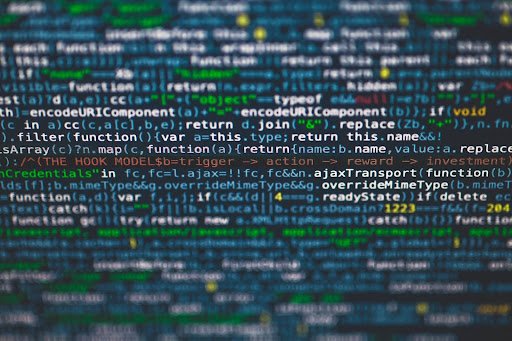ChatGPT: Implications and Risks of Advancing Artificial Intelligence
Written by hezekiah lasater
In light of the advancement of artificial intelligence (AI) that has come about in the past several years, I think it is important to talk about one relatively new AI software that has implications for students and universities alike. Many people have heard of ChatGPT; however, as I have found, many are still blind as to what it is and exactly how powerful it can be. ChatGPT is an artificial intelligence that was developed and trained on human language and as such, it is extremely effective at reproducing human language in an informational way. The AI was designed by the company Open AI with the goal of producing plausible-sounding human language. This means that the information may not be exactly correct and even sound completely nonsensical or strange. However, more often than not, the responses it produces are beyond many expectations and can be extremely accurate informationally. So what does this mean for those in the university system?
I must say, of course, this technology is extremely useful and downright impressive. In light of this fact, we must also understand that this AI could be one of the greatest sources of plagiarism in the college system. The answers that ChatGPT gives can range wildly from short sentences to several-page papers. I could ask it what year President Barack Obama was elected or I could ask it to write me a seven-page paper on the intersection between vertebrate and invertebrate central nervous systems. Regardless, ChatGPT will give an extremely human-sounding answer with impeccable detail to match. For example, to prove a point to many of my peers as to the AI’s creative power, I asked ChatGPT to write me an article about the top 10 water fountains on the University of Texas at Austin’s campus. In less than 60 seconds the article was written. Here is an example of what it wrote:
“The University of Texas at Austin is known for its stunning campus, with its sprawling green lawns and iconic buildings. But among the many beautiful sights, the water fountains are truly a gem. From serene ponds to towering spouts, these fountains are not only a source of refreshment but also a symbol of the university's rich history and cultural heritage. Here are the top 10 water fountains on the UT Austin campus.”
The rest of the article can be accessed here: “Top 10 Water Fountains on Campus.” If you read this article you'll notice it has an amazing structure and is extremely human sounding. However, you’ll notice that not all of the information is correct. Many of the fountains that it talks about simply do not exist. This truly goes to show how plausible-sounding ChatGPT can be. Now, I give this example for many reasons. The most important is the implications of plagiarism. Instead of writing the article that I am currently writing myself, I could have asked ChatGPT to write me one instead. After which I could proofread the text, reword most of the sentences, and I would have ended up with a fully written article with no traces of plagiarism in sight. Not only could I do this, but I could ask it to write just about anything relating to my education and it would give me something to work with. Including computer code.
I want to offer an alternative way of using this powerful AI for advancing one’s education rather than dampening it by using ChatGPT as a plagiarism tool. The alternative I propose is to treat ChatGPT and similar AI’s as starting points or tools to gain some sort of knowledge. For example, if I was to read a complex scientific paper on a topic for school, there would without a doubt be multiple ideas and concepts that I would not understand. In this case, I could ask ChatGPT to explain said complicated topic. When the AI answers it may not be completely correct, however, I would now have the words and the language in order to understand the topic or where to look for more information. If the answer wasn’t sufficient, I could ask the AI to elaborate on the information or even point out a mistake in its response and it would try its best to fix it. In this way, ChatGPT is being used as a resource rather than a tool to cheat with.

